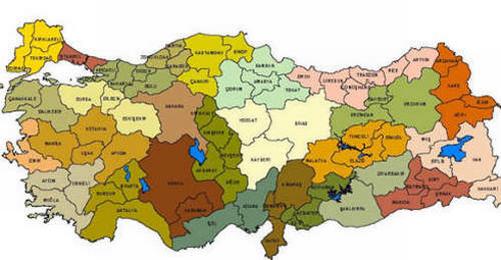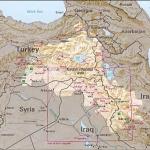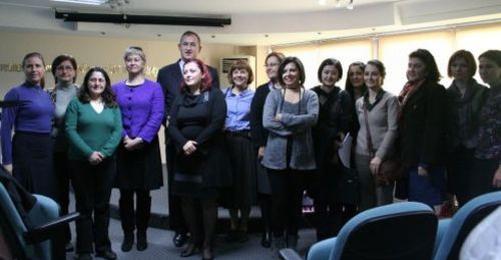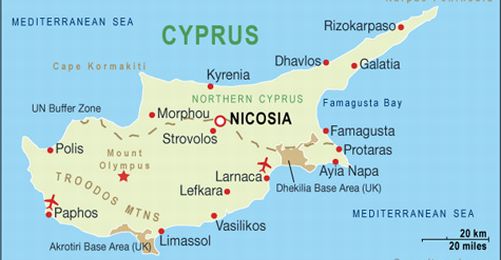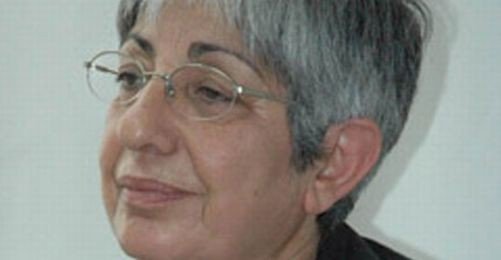The Co-Chair of the Peace and Democracy Party (BDP), Gülten Kışanak, concretized the demand for a "democratic autonomy":
"Turkey is currently divided into 26 regions already. We want democracy to flourish in these regions. We request to unite the country in democracy by establishing regional people's assemblies in these 26 regions".
The government already established 26 regions, yet the local administrations do not carry authority for decision making.
The government brushed off the request. However, Assoc. Prof. Dr Cengiz Aktar from Bahçeşehir University (Istanbul) pointed out that it would fuel the efforts for accession to the European Union - a project pursued by the ruling Justice and Development Party (AKP) since the beginning of their first term.
AB envisages regionalization
Aktar said that the EU Regional Policy can show the way to abolish the centralism in Turkey and also to a solution of the Kurdish question.
"The regional policy enforced since 1975 aims at decreasing differences between the regions. In essence, it provided priority to local and regional structures over the central authority". The EU made this policy more prevalent by distributing funds and co-operating with the local/regional authorities.
Aktar explained that Portugal, Greece and Ireland established regional structures in the course of their EU memberships and said that member states accessing the EU after 2004 went through similar processes. But every country experienced a unique process of regionalization.
Aktar: Comparison with Spain is a waste of time
Aktar evaluated the rejection by the Constitutional Court of regulations towards more autonomy referring to the frequently drawn comparison of the Catalans in Spain with the Kurdish question. "Comparing the highly differentiated regionalism in Spain with the almost non-existent regional applications here is a waste of time".
"De-centralization of administration is insufficient"
In the course of the harmonization process with the EU, Turkey made amendments regarding the Law on Basic Standards in Public Administration and the Law on Development Agencies. The first one was partly vetoed by the president in 2004 and not put on the agenda again afterwards. The Development Agencies were envisaged to be established in 26 regions classified by the State Planning Organization.
"While self governing structures in Europe are formed by the regional development agencies, our structures are centralized". Also the EU Progress Report said that these regulations are insufficient. Aktar added that the EU candidacy involves important financial resources for the decentralization.
Three-year proposal
The request for "democratic sovereignty" was initially brought up after a congress of the closed Democratic Society Party in October 2007.
The regional parliaments should be established by elections and were to be responsible for all areas "except of foreign affairs, financial and defence services and police and judiciary services carried out in co-operation with regional governments".
The Republican People's Party (CHP) and the National Movement Party (MHP) called the proposal a "project of the PKK [militant Kurdistan Workers Party] to divide the country". (EÜ/VK)





